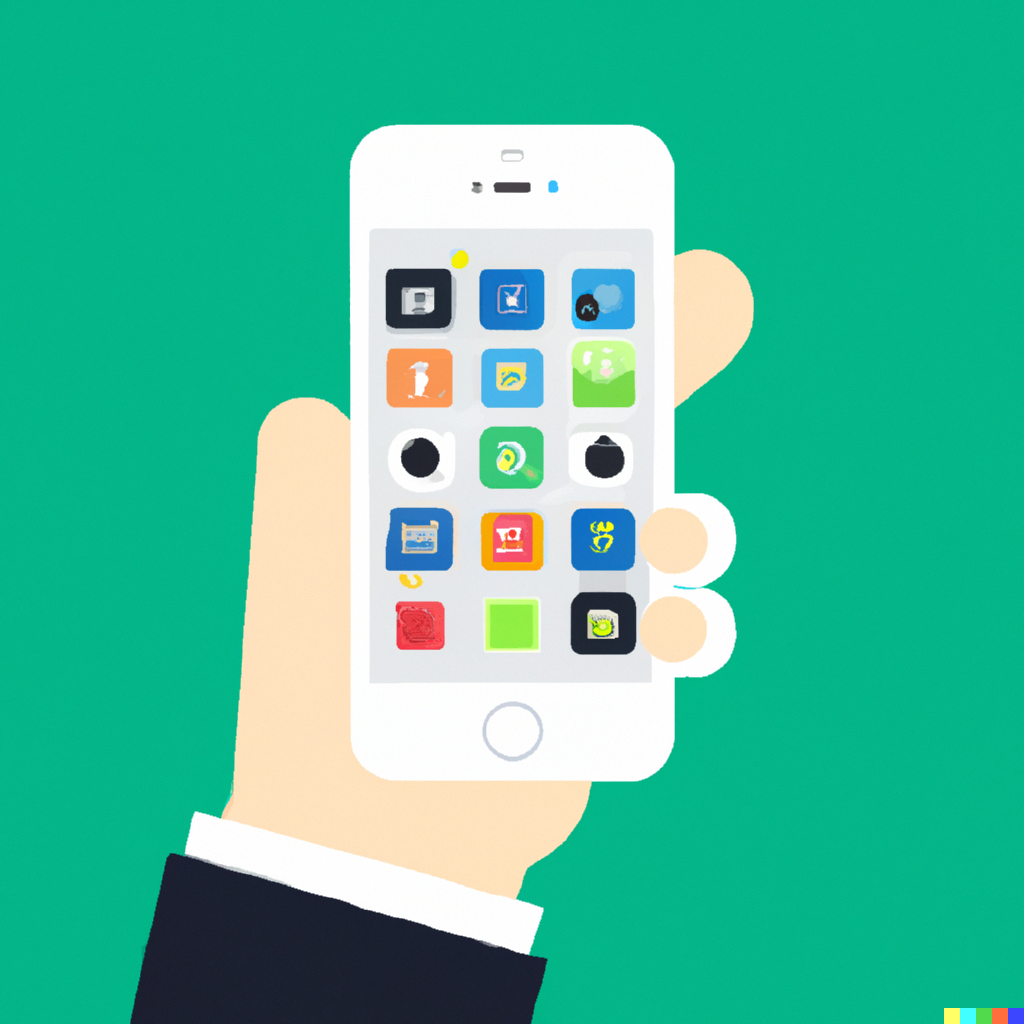March 17 | Mobile Apps

Mobile applications, commonly known as mobile apps, have transformed the way we interact with technology, businesses, and each other. From simple utility tools to complex AI-driven applications, mobile apps have evolved to become an essential part of our daily lives. This article explores the journey of mobile apps, their impact across different industries, and what the future holds for mobile application development.
The mobile app revolution began with the launch of smartphones, particularly when Apple introduced the App Store in 2008, followed closely by Google’s Play Store. These platforms allowed developers to create applications for a wide range of uses, from social media and entertainment to productivity and e-commerce.
Some key milestones in the growth of mobile apps include:
Mobile apps have revolutionized the business landscape by enabling brands to reach consumers directly. E-commerce platforms like Amazon, eBay, and Shopify have made online shopping more convenient and accessible. Features such as push notifications, personalized recommendations, and one-click purchases have enhanced the shopping experience.
Social networking apps like Facebook, Instagram, Twitter, and TikTok have redefined human interactions. Messaging apps such as WhatsApp and Telegram facilitate instant communication, while video conferencing tools like Zoom and Microsoft Teams have become indispensable in the post-pandemic world.
Telemedicine apps like Teladoc and Doctor on Demand provide remote healthcare consultations. Fitness applications such as MyFitnessPal and Strava help users track their workouts, diet, and overall health.
Mobile banking and payment apps like PayPal, Venmo, and Apple Pay have made financial transactions seamless. The rise of cryptocurrency wallets and decentralized finance (DeFi) apps has further expanded financial inclusion.
Apps like Duolingo, Coursera, and Khan Academy have made education accessible to millions worldwide. With AI-driven personalized learning, mobile apps are shaping the future of education.
With faster connectivity, mobile apps will offer improved performance, lower latency, and better real-time experiences.
AI-powered apps provide personalized recommendations, voice assistants, and automation, enhancing user experience.
Apps like Pokémon GO and IKEA Place have demonstrated the potential of AR, while VR is gaining traction in gaming and training simulations.
Blockchain technology is enhancing security and transparency in transactions, leading to the rise of decentralized applications.
Inspired by platforms like WeChat, super apps integrate multiple services (messaging, payments, shopping, etc.) within a single platform.
The future of mobile apps is poised for groundbreaking innovations. With advancements in AI, IoT, and cloud computing, mobile applications will become smarter, more interactive, and deeply integrated into everyday life. Developers will focus on enhancing user experience, ensuring security, and leveraging data-driven insights to create impactful applications.
Mobile apps have significantly transformed the digital landscape, influencing how we live, work, and connect. As technology continues to evolve, mobile applications will play an even greater role in shaping the future. Businesses and developers who embrace emerging trends will be at the forefront of this digital revolution.
SHARE THIS:
© Copyright 2026Global Tech AwardsAll Rights Reserved